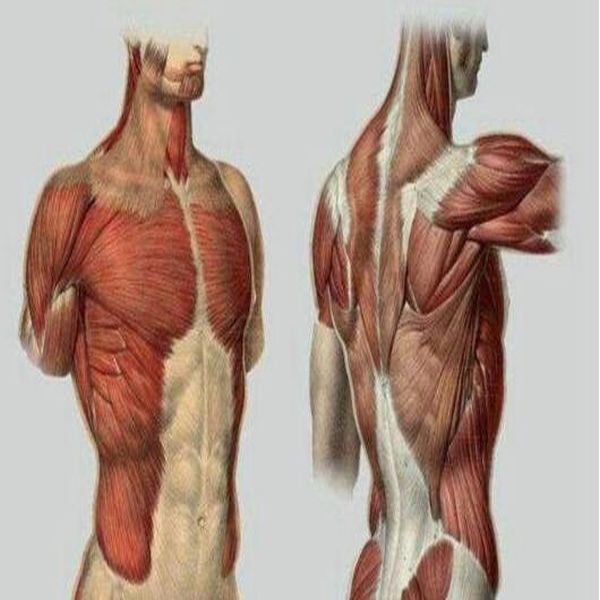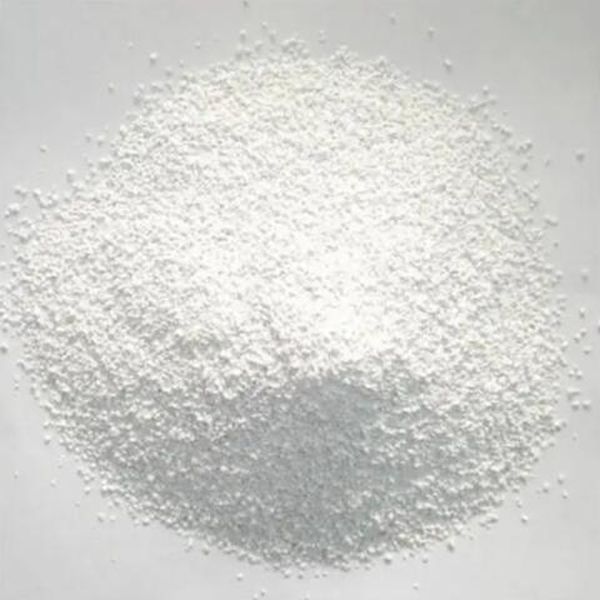Glycine is a non-essential amino acid whose main role is to help create muscle tissue and convert blood sugar into energy. In addition, it plays an important role in protecting the health of the central nervous system and digestive system. Recent research also proves that it can prevent certain types of cancer by providing antioxidants.
Glycine is used to build deoxyribonucleic acid (DNA) and ribonucleic acid (RNA) strands, the genetic material needed to keep cells functioning and forming properly. It prevents muscle weakness by increasing the body’s creatine levels. High concentrations of glycine are found not only in muscle, but also in the skin and other connective tissues. Almost a third of the collagen that keeps the skin and connective tissue firm and flexible is composed of glycine. In addition, large amounts of glycine can also be found in gelatin, a form of denatured collagen. Without or lack of glycine, the body will be adversely affected by ultraviolet rays, oxidation and free radical damage. It will be difficult for the body to repair damaged tissues, the skin will become loose, and the wound will be difficult to heal normally.
glycogenic amino acid, which means it helps provide the glucose needed for the body’s energy. It has the effect of controlling blood sugar levels, so glycine supplements are beneficial for the treatment of lack of energy and fatigue, such as hypoglycemia, anemia, chronic fatigue syndrome, etc. Glycine is also essential to keep the digestive system healthy and functioning. It helps regulate the bile acid synthesis used to digest fat and is one of the important ingredients of many commercial gastric cancer antacids.
Post time: Mar-06-2020

